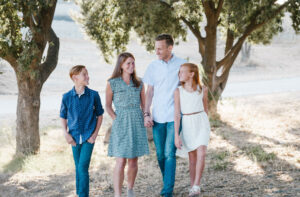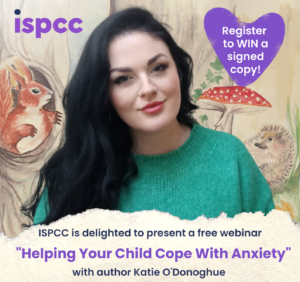
As a parent, you never want to see your child upset or unhappy.
However, as they start to grow and have friendships, you’re not always going to be able to control their environment or how they feel.
While the natural inclination is to protect them at all costs and fight every battle for them, you know deep down that this would ultimately be a disservice to them.
Of course, you should be there to comfort them but by letting them handle their own disagreements, you’re actually doing a lot more for their development than you realise.
Here are just a few of the things that can happen when children resolve their own conflicts:
It teaches them compromise
Even if a child rules the roost at home, they will quickly learn that the same thing doesn’t happen when they’re with their friends.
By interacting with their friends they will learn that sometimes you won’t get exactly what you want but you can compromise to find the best outcome for everyone involved.
It teaches them conflict resolution
Fights are a part of life and actually, a healthy part of a child’s development.
By letting them figure out where they went wrong to have their friend feeling mad at them, your child will also figure out what they need to do to make amends.
It increases their confidence
By stepping back and allowing your child to handle their disagreements on their own, you are showing that you believe they are capable of doing it.
This will give their confidence a boost and instil the belief that they are capable of anything they put their mind to in the future.
It teaches them how to apologise
No child likes to admit they’re wrong (many adults don’t like it either!) but fighting with a friend forces them to confront their part in it and take responsibility where they need to.
Often, in order for them to move past the argument, they will have to apologise to each other for the role they played and this is good preparation for all relationships in life.
It teaches them how to stand up for themselves
Swooping in to save your child from the wrath of their friends will subconsciously tell them that you’ll always be there to fight their battles. Of course, the reality it, you won’t.
Disagreeing with friends isn’t easy but if they need to stand up for themselves, this is the perfect time for them to learn how to do it.
It teaches them how to interact with their peers
It might not be evident at first but as they grow older, you’ll notice that children behave differently with their friends than they do with their siblings.
By getting into little tiffs and fights growing up, they learn what is acceptable and what isn’t in their friendship group. Meanwhile, at home, they know they can relax more because family will tolerate a lot more than friends will!
It teaches them to be mindful of other people’s feelings
If you try to step in for your child or make excuses for them during an argument with their friends, they will never learn to regulate their behaviour.
When they are forced to confront their part in the fight, they quickly learn to be aware and mindful of how their words and actions can affect others.
What you can do to help
- Empathise with the situation they’re in – Be there to support them, listen to what they have to say and comfort them if they’re upset
- Teach them the basics of conflict resolution – A simple one is telling your children to say ‘I feel upset when…’ rather than ‘You always do…’ when talking to their friends.
- Be a good role model for them – Your children absorb what they’re around constantly so if you solve fights with your partner by talking rationally and calmly, chances are they will too.


